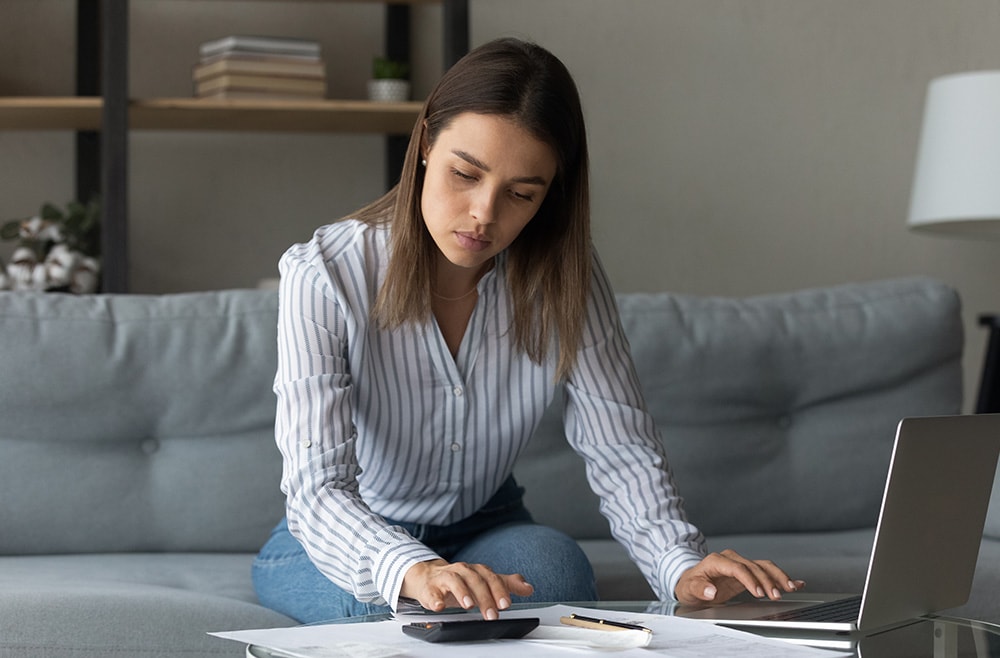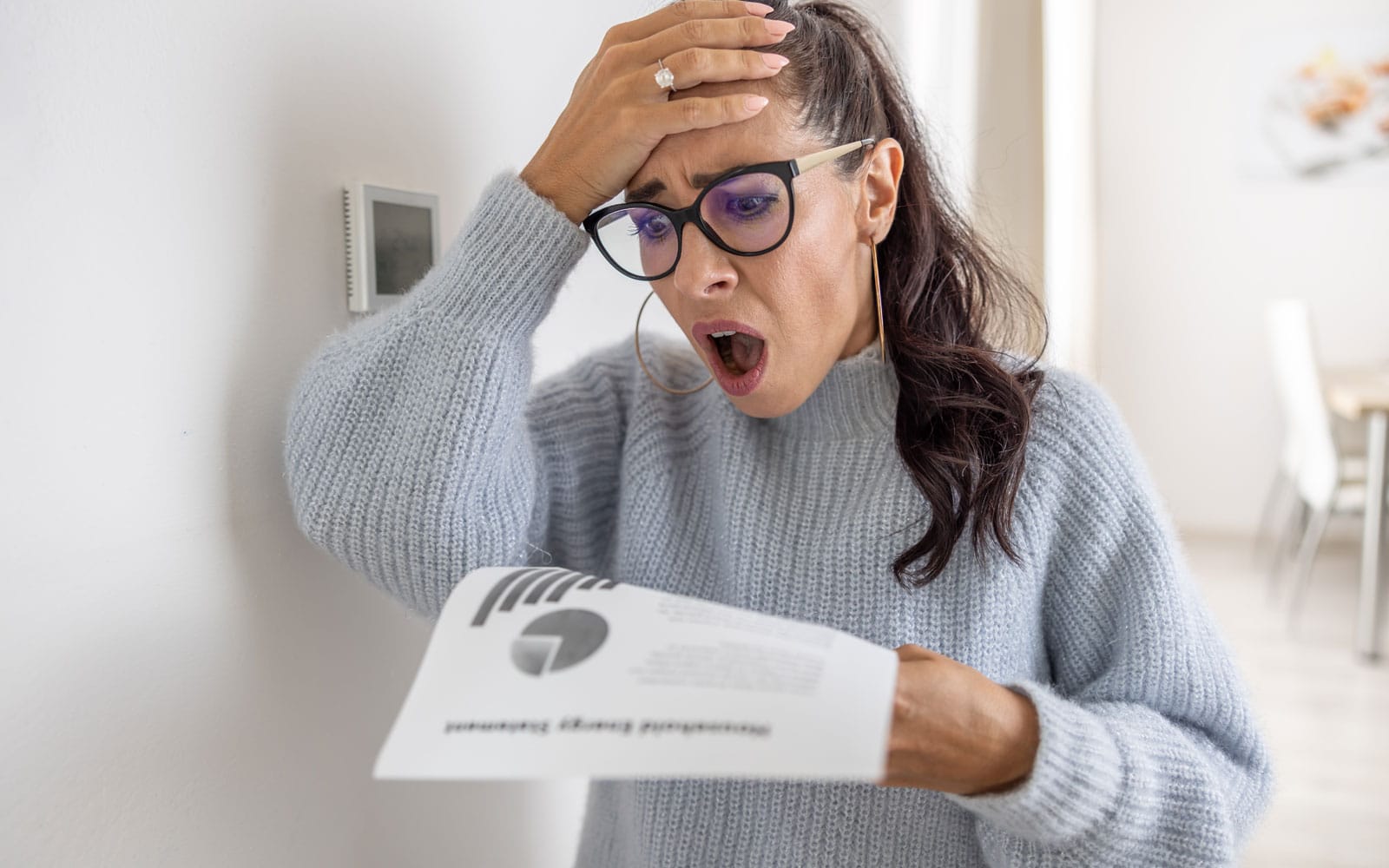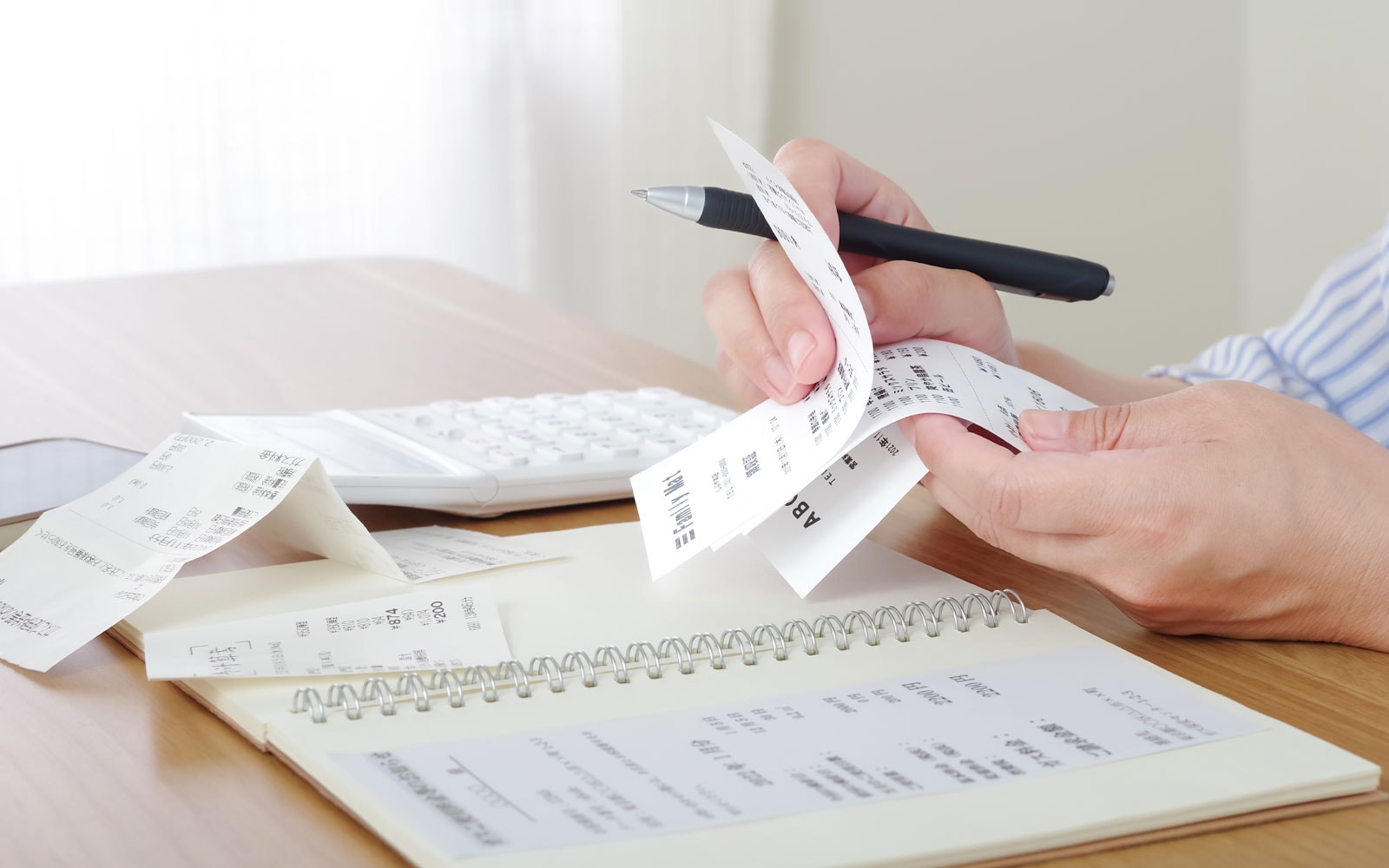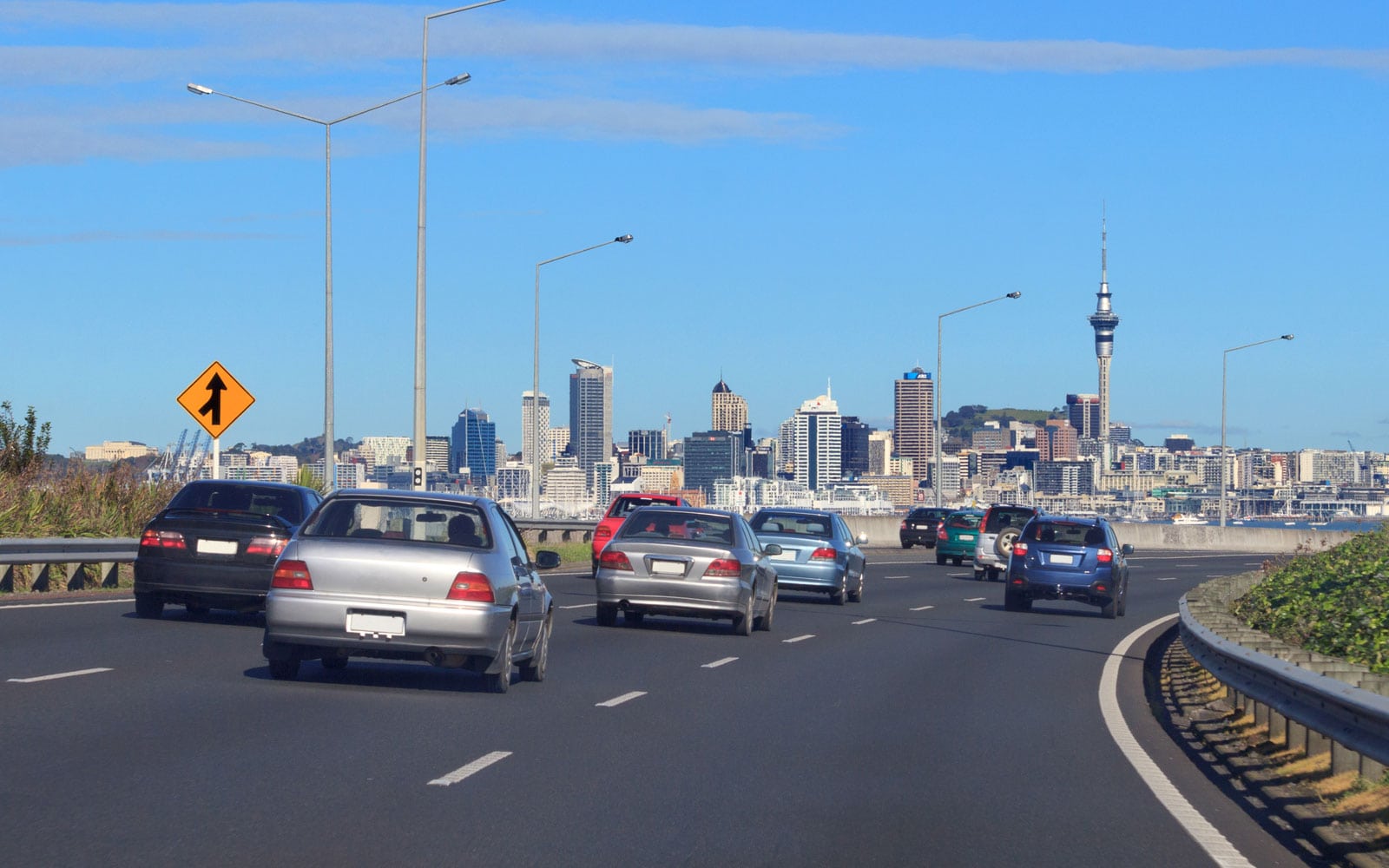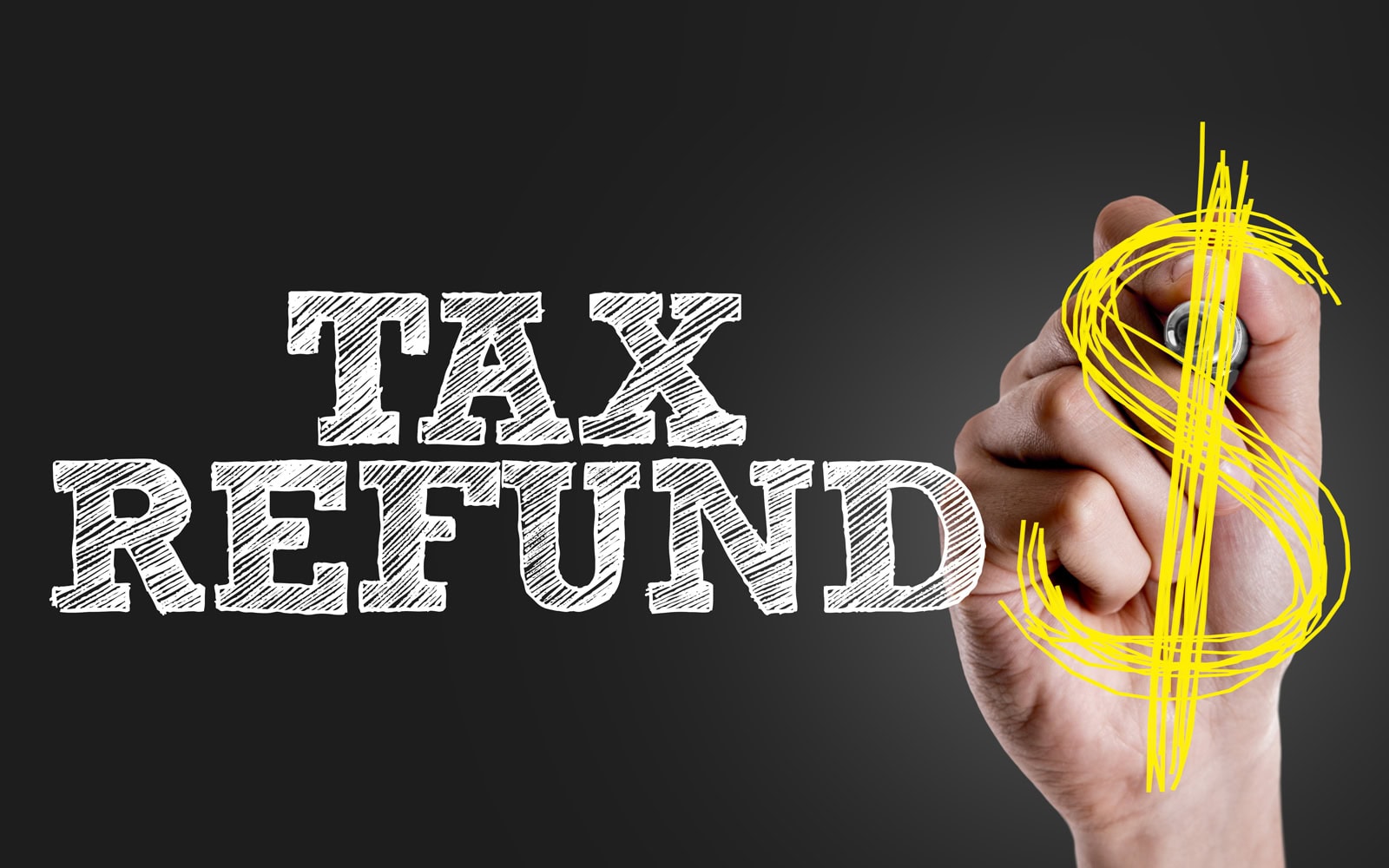There are times in life when you are faced with something unexpected. And sometimes, that unexpected thing comes at a high price.
You need a new washing machine. You need a new radiator for your car. Your dog needs surgery. All of these will probably cost more than $1000. Are you able to access that money today without going into debt? Without an emergency fund, you could end up going into debt when these unexpected things happen.
Many New Zealanders face significant financial hardship when they fall into debt unexpectedly. Being in debt can make life hard because it limits how much money you can spend on daily living costs. Also, if you’re being charged high-interest rates on your debt, it can be difficult to pay it off.
Maintaining a healthy financial situation means avoiding debt as much as possible. Having an emergency fund is an excellent way to do this.
How much should I have in my emergency fund?
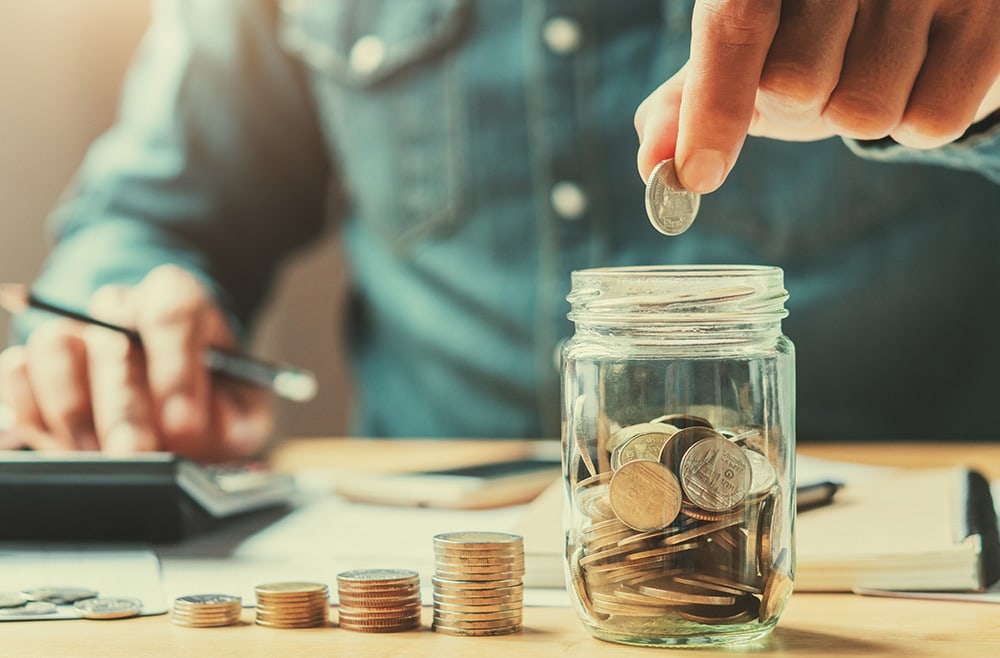
There should be enough money in your emergency fund to cover three months of household expenses.
The amount will depend on your situation, but on average, a single person will spend $3,000-4,000 a month on household expenses, while a family of four will spend $5,000-$6,000.
That means a single person needs an emergency fund of at least $12,000, while a family of four needs an emergency fund of at least $20,000.
How to get started
It may seem impossible to save that much money if money is already tight. Don’t worry – you don’t have to save it all at once – you can build up your emergency fund over time.
Starting with something is a good idea, so put at least $1,000 into your emergency fund right away. In the meantime, you may be able to sell some things you no longer need or work a few extra hours if needed.
If you are able to save this amount, you will feel more confident and will believe that you can achieve your goal.
How to build your emergency fund
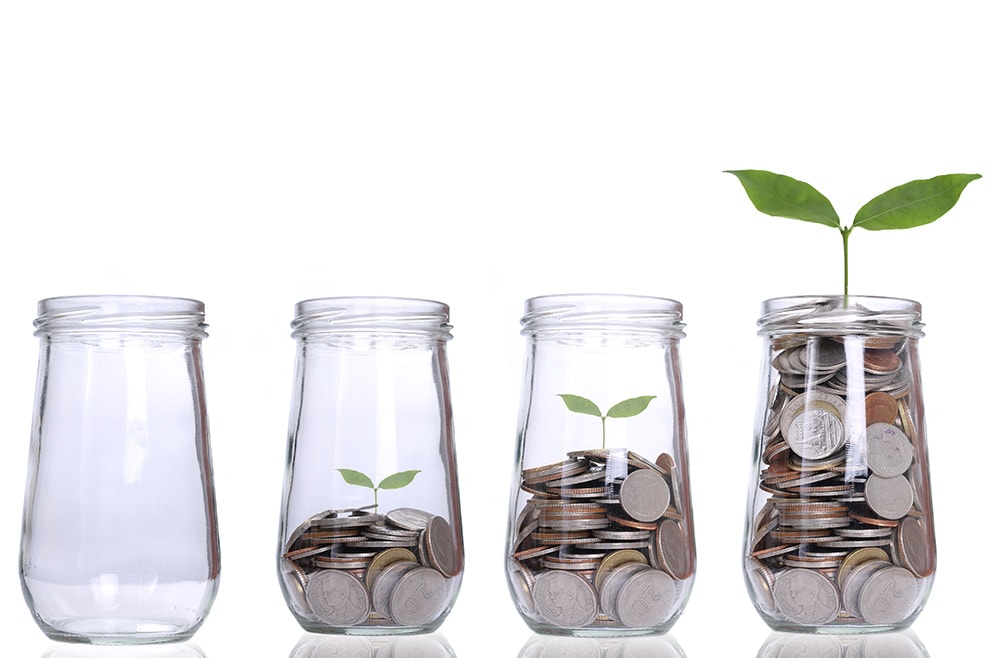
Once you’ve started contributing to your emergency fund, all you have to do is keep adding! Save only what you can afford – if you make life too difficult for yourself by trying to save too much, you’ll give up.
You must find saving rewarding if you’re going to stick to it, so figure out how much you’ll save each week or month.
If you earn $1,000 per week, for example, 2% of your income might be a manageable place to start. That works out at $20 per week. You could automatically transfer funds from your main bank account to your savings account so you won’t have to worry about it.
How long will it take to save my emergency fund?
There is no quick fix to building an emergency fund. This is a long-term endeavour. A timeframe for saving your emergency fund depends on how much disposable income you have.
If you can only spare a small amount, five years might be a reasonable amount of time for you to save your three months of expenses. Or it might be possible for you to do it in just a few months.
Calculate the time frame based on how much you can set aside each pay period. For example, if your goal is to save $13,000 and you can save $50 a week, you can save that in five years.
Consider a debt consolidation loan
If you’re in debt and most of your disposable income goes towards repaying it, you won’t have much left over for an emergency fund. You can make your repayments more affordable by talking to the experts at Auckland Loans.
By comparing different lenders’ offers, they are able to find you the best deal. Your emergency fund can be built up more quickly when less of your income is spent servicing your debt.
Save your tax refund

Each year, the IRD gives some New Zealanders a nice little gift in the form of a tax refund. No matter how much you receive, you’ll probably want to spend it right away.
As alluring as it is, It’s a good idea to resist this impulse and give your emergency fund a boost instead. Try to save a little of your tax refund for an emergency fund if you get one.
How to use your emergency fund
Make sure you are clear with yourself about what you can and cannot do with your emergency fund. The purpose of your emergency fund is only to cover unexpected expenses that you otherwise wouldn’t be able to cover.
It’s for things you need to survive, not for luxury items.
For example, it would be a good idea to dip into your emergency fund to fix your car so you can get to work.
In contrast, buying tickets to see a concert is not a good reason to access your emergency fund.
The best place to keep your emergency fund
Keeping your emergency fund in an account you can’t easily access is a smart idea.
When you’ve saved a decent amount of money, there will be a temptation to spend it, so you’re better off limiting your ability to that.
You can open an account with another bank and request that you not have an EFTPOS or debit card. This way, you can only access it via online banking, so impulsive spending is less likely.
Getting into the habit of saving
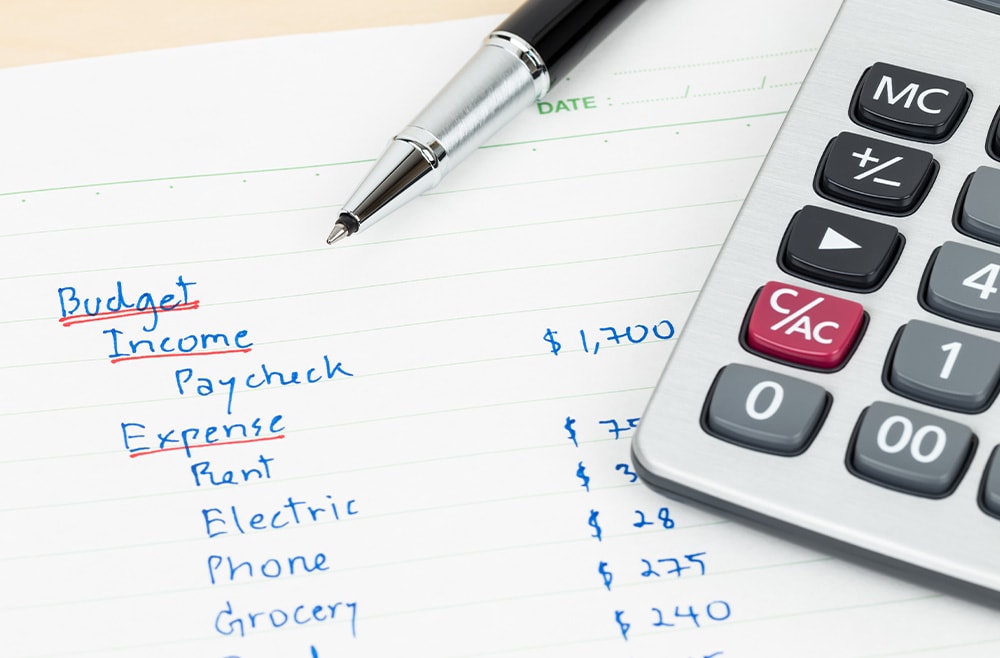
A big reason saving is so hard is because buying stuff makes us feel good. Whenever you buy a new pair of shoes from the mall or receive a courier package from a recent session of online shopping, your brain releases dopamine.
For a while, this gives you some good feelings, urging you to repeat the behavior. The problem is, you can only do this so many times before you’re in a difficult financial situation.
When you make spending a habit – which so many of us do! – you’ll get stuck in a cycle of debt, where you have to keep borrowing money to keep spending.
Instead, make saving a habit by making little changes to the way you manage your money. Consider diverting those savings into your savings account every time you’re about to buy something you don’t need.
It’s amazing how quickly you get $100, then $500. Making saving a habit will help you build financial security and stability faster than spending to feel better.
Plus, you’ll have something to look forward to (like a holiday or a new car) without going into debt!
Saving money gives you freedom
You’ll enjoy feeling more relaxed about life when you reach your emergency fund goal. Money worries are a significant source of stress, especially when unexpected expenses arise.
If you have an emergency fund, you won’t have to worry about getting into trouble because you’ll know you’re protected. You can even start saving for things you want instead of just what you need. It gives you the option to splurge a little on luxuries and enjoy life to the fullest.
You should keep this reward in mind as you work towards your savings goal.
How Auckland Loans can help you achieve your goals
With Auckland Loans, you can access fast, low cost loans tailored to your needs.
We’re your local lender, putting your needs first so you can borrow with confidence.
With our experience and trusted advice, you can borrow money with confidence. With loan periods ranging from 6 to 84 months, we’ll help you get the loan that’s right for you.
Get in touch with us today to find out how we can help you get a great deal.

